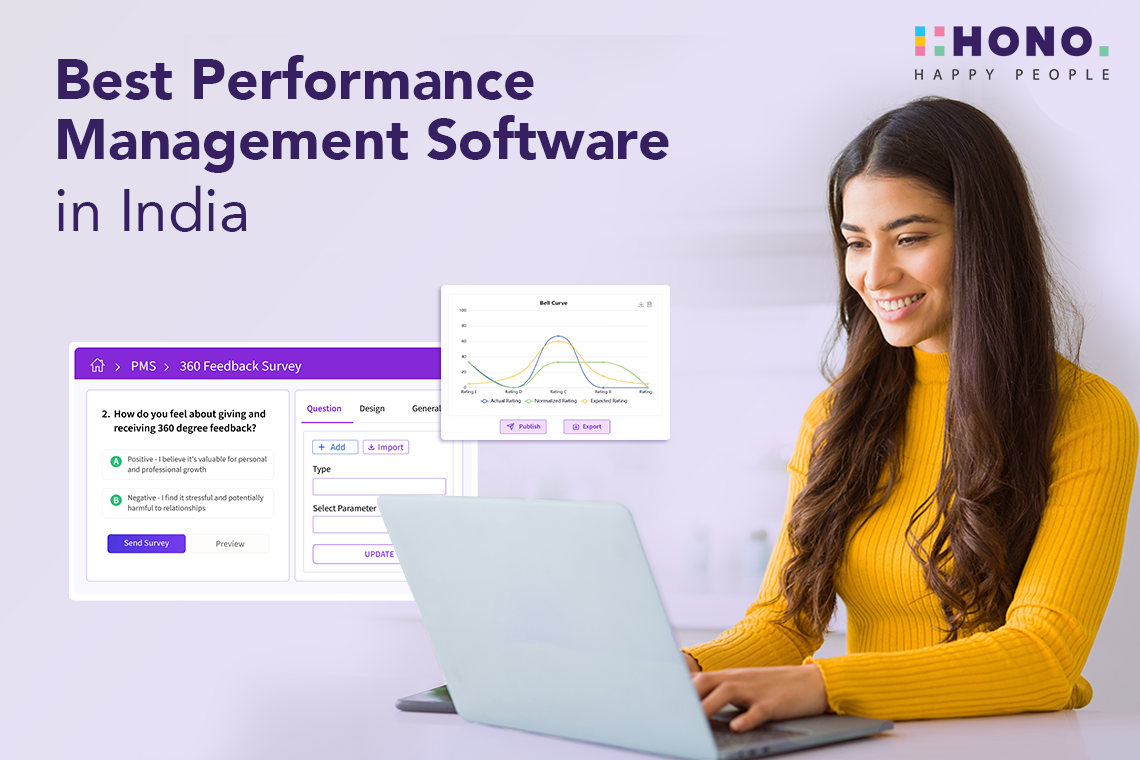Talent acquisition (TA) is a strategic approach within human resources focused on identifying, attracting, and hiring individuals with the necessary skills and potential to meet current and future organizational needs. Unlike the general HR recruitment process, which typically follows a standardized recruitment process flow involving straightforward steps like sourcing, screening, and hiring, talent acquisition emphasizes a deeper, more holistic approach. It involves building a strong employer brand, engaging with potential candidates proactively, and developing a sustainable workforce strategy. This strategic element is particularly evident in global talent acquisition, where companies seek the best talent on an international scale, adapting their strategies to diverse markets and cultures.
What is Talent Acquisition? Your Key to Building a Winning Team.
6 mins

The importance of talent acquisition in crafting a successful organization cannot be overstated. According to a McKinsey study, companies that excel in talent acquisition are 1.3 times more likely to report organizational outperformance compared to their peers. Similarly, Gartner highlights that organizations with robust talent acquisition practices witness 30% higher profit margins than their competitors. This underscores the critical role of effective talent acquisition strategies, including understanding the nuances of the HR recruitment process and leveraging insights on what is talent acquisition in HR, to not only fill positions but to build a resilient, innovative, and adaptive workforce.
The Evolution of Talent Acquisition
Talent acquisition has significantly transformed from a basic component of the HR recruitment process to a strategic organizational function. Historically focused on simply filling vacancies, it has evolved into a sophisticated strategy incorporating long-term workforce planning and integration. Advances in technology have revolutionized this field, with AI-powered tools and data analytics enhancing efficiency and predictive capabilities in recruitment processes. Additionally, globalization has expanded talent pools beyond geographical boundaries, enabling companies to source diverse skills from around the world, thus reinforcing the strategic role of talent acquisition in maintaining competitive advantage in a global marketplace.
Components of Talent Acquisition
Strategy Development: Strategic planning in talent acquisition is essential for aligning recruitment initiatives with overarching business objectives. By integrating what is talent acquisition in HR into business strategy, organizations can anticipate future workforce needs and develop targeted recruitment plans. This proactive approach ensures that talent acquisition efforts support long-term goals, enhancing overall organizational performance.
Employer Branding: A strong employer brand is crucial in attracting top talent. It's the perception potential and current employees have about the company's values and work environment. An effective employer branding strategy not only highlights the positive aspects of working for the organization but also aligns with the broader HR recruitment process flow, making the company a desirable place to work. This is particularly important in global talent acquisition, where a company must stand out in multiple markets.
Recruitment Marketing: Recruitment marketing involves using marketing tactics to attract potential candidates. This includes everything from job postings and social media campaigns to recruitment events and content marketing. Techniques such as targeted advertising and personalized email campaigns leverage the recruitment process steps in HR to engage prospective candidates at various touchpoints, increasing the likelihood of attracting qualified applicants.
Candidate Experience: The candidate experience during the recruitment process significantly influences an organization’s employer brand. A positive experience can enhance a company’s reputation, encouraging word-of-mouth recommendations and repeated interest from high-quality candidates. It covers all interactions from the initial contact through the interview process to final feedback, which is a crucial aspect of the HR recruitment process.
Talent Sourcing and Engagement: Effective talent sourcing and engagement are about identifying and interacting with potential candidates before they apply for a position. This may involve sourcing through online platforms, professional networks, and referrals, along with engaging candidates through continuous communication and relationship building. Effective engagement strategies ensure a ready pipeline of talent, crucial for both immediate hiring needs and strategic talent pools.
Selection and Onboarding: Selecting the right candidate involves thorough assessments and interviews to ensure they fit both the role and company culture. Once hired, a structured onboarding process is essential to integrate new employees into the company smoothly. Best practices include clear communication of job responsibilities, organizational norms, and providing the necessary support systems to help new hires adjust and thrive from the start.
Also Read: Future of Talent Acquisition and Onboarding
The Role of Technology in Talent Acquisition
Advancements in technology have significantly enhanced the talent acquisition process, introducing tools such as Applicant Tracking Systems (ATS), Customer Relationship Management (CRM) systems, and AI-driven analytics that streamline the HR recruitment process flow. These technologies automate and refine recruitment process steps in HR, improving efficiency and accuracy in candidate screening and selection. For instance, AI can predict candidate success and cultural fit by analyzing data trends, thereby optimizing what is talent acquisition in HR.
Challenges in Talent Acquisition
Talent acquisition faces several persistent challenges, including skill shortages, high employee turnover, and achieving diversity in hiring. These issues complicate the HR recruitment process flow, making it difficult to find and retain qualified candidates. Solutions include developing targeted training programs to fill skill gaps, implementing retention strategies that focus on career development and employee satisfaction, and employing unbiased AI tools to enhance diversity in recruitment efforts.
Measuring the Success of Talent Acquisition
The effectiveness of talent acquisition can be gauged through various Key Performance Indicators (KPIs), such as time-to-hire, quality of hire, and employee retention rates. These metrics are crucial for evaluating the success of the recruitment process steps in HR and for making informed decisions. A data-driven approach in HR talent acquisition ensures that strategies are aligned with business objectives and yield measurable outcomes, enhancing overall recruitment efficiency.
Future Trends in Talent Acquisition
The future of talent acquisition is likely to see an increased reliance on AI, greater emphasis on candidate-driven experiences, and a focus on soft skills as differentiators. To stay ahead, organizations must adopt more sophisticated HR technology, prioritize candidate engagement, and embrace flexible work arrangements. Preparing for these trends involves not only updating HR recruitment processes but also fostering a culture that values continuous learning and adaptability in global talent acquisition strategies.
Effective talent acquisition is vital for the strategic growth and sustainability of an organization. This blog has explored key components, the role of technology, challenges, and future trends in HR talent acquisition. As the business world evolves, so must the strategies used to attract and retain top talent. Companies are encouraged to revisit and enhance their talent acquisition strategies to ensure they remain competitive and capable of meeting future challenges.
Request a demo
.png?width=70&height=70&name=Team%20HONO%20logo-01%20(1).png)
Team HONO
.png?width=705&height=212&name=image_750x_1715002149_2e6818dc1ca65400a09e%20(1).png)

.webp)
.jpg)
-1.webp)





